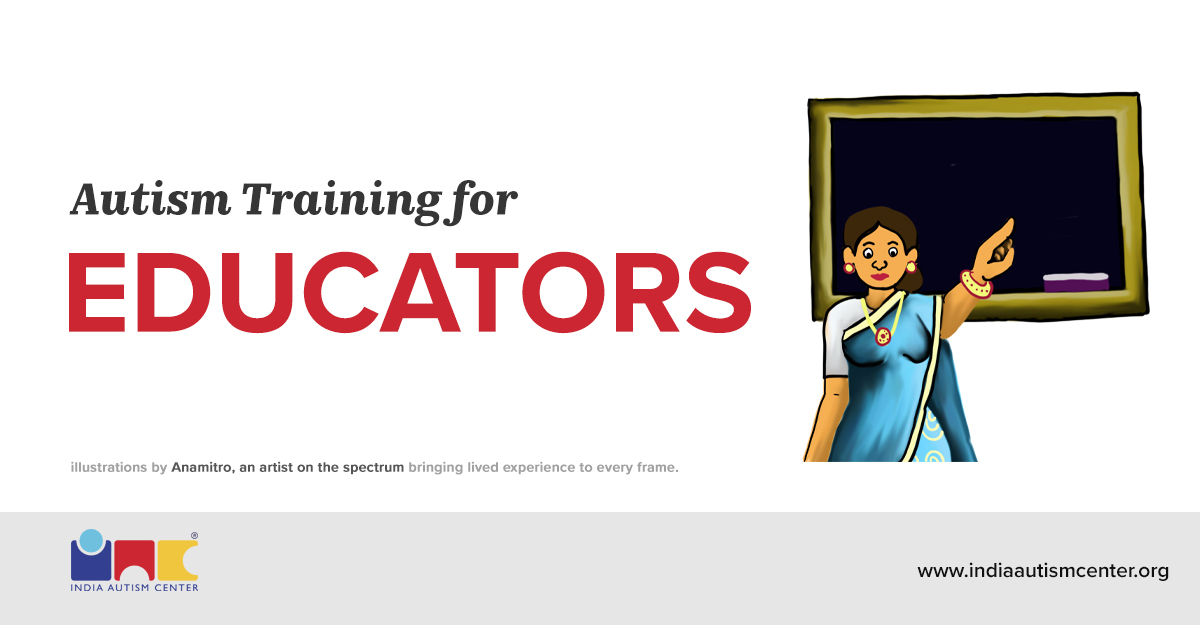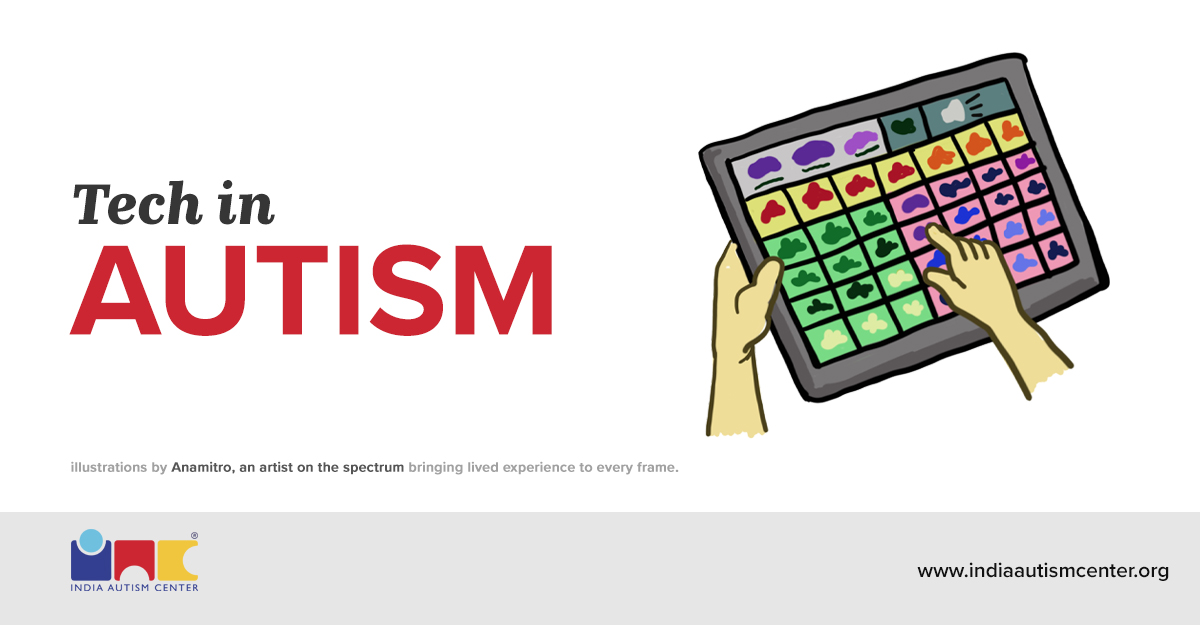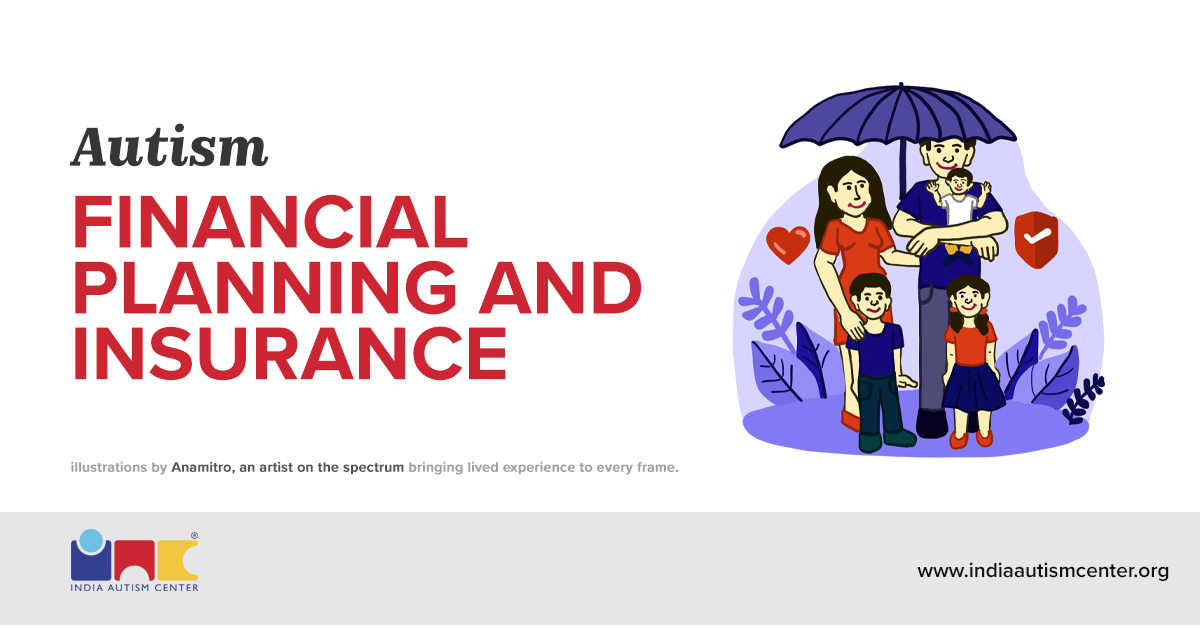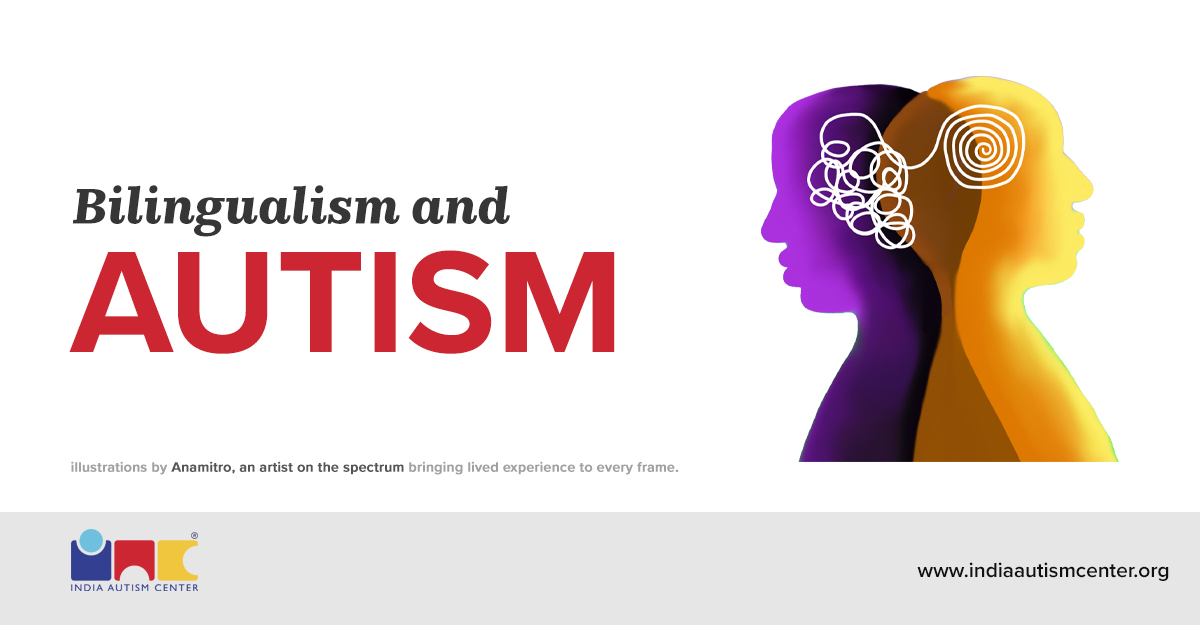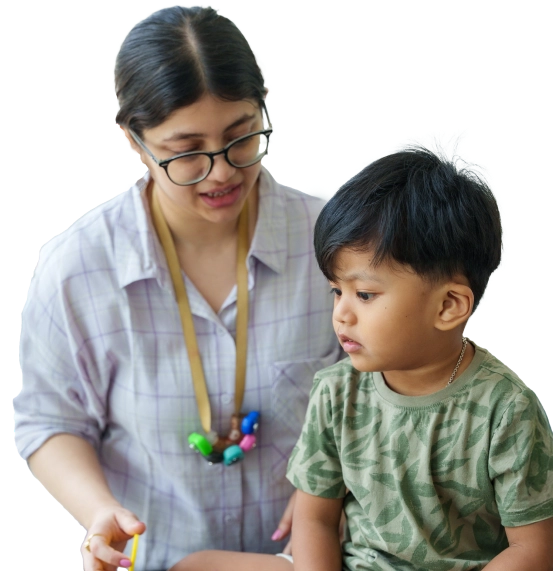As educators, you help others learn, grow, and find their place in the world. But what happens when a child’s learning needs are different from those of their peers? Without the right tools and understanding, you and your school may struggle to support neurodiverse learners effectively. That’s why autism training for educators is not just beneficial — it’s essential.
In this blog, I’ll walk you through what autism training is, why it matters in the classroom, and how it transforms both teaching and learning. I’ll also break down practical strategies you can use right now in your school or classroom.
What Is Autism Training for Educators?
Autism training for educators is structured learning designed to help teachers understand autism spectrum disorder (ASD) and adapt their teaching to meet the needs of autistic students. It provides strategies for recognising behaviours, managing sensory needs, encouraging communication and building inclusive classrooms.
You might think this sounds like academic training, but it’s much more. It’s about seeing each child as a whole person and discovering ways to make your teaching more effective for them.
When I first encountered structured autism training, I noticed a shift in how I approached learning environments. It moved me from guessing what autistic children needed to confidently choosing strategies that work.
Why Autism Training Matters in Education
In schools today, autistic learners are becoming more common. They may be eager to participate but overwhelmed by sensory input, social challenges, or communication differences. Yet many teachers still feel uncertain about how to support them.
Research shows that without proper training, teachers can misread behaviours, miss opportunities to help, and unintentionally exclude students from full participation. Understanding autism isn’t about lowering expectations — it’s about meeting needs so students can demonstrate their true potential.
Let’s break down how autism training makes a real difference.
Key Reasons to Invest in Autism Training for Educators
1. You’ll Create Truly Inclusive Classrooms
Autism training helps teachers design learning spaces where students feel safe and comfortable. This isn’t just about physical access — it’s about emotional and cognitive support too. In an inclusive classroom, every learner feels recognised, respected and ready to engage.
Effective autism training teaches you to recognise sensory triggers, adjust lighting or noise levels, and shape lessons in ways that reduce anxiety.
This transforms school from a place of overwhelm into a place of belonging.
2. Learning Becomes More Effective and Meaningful
When you understand how autistic learners process information, you can tailor your teaching accordingly. For example, some students may thrive with visual schedules, while others prefer quiet corners to regroup.
These strategies are rooted in autism training principles that emphasise clarity, structure and support — not mere accommodation.
Instead of guessing what a student needs, you’ll make informed changes that improve focus, engagement, and confidence in learning.
3. Teachers and Parents Can Work Together Productively
Autism training equips you to collaborate with parents in ways that matter. You and a child’s caregivers become partners in learning, not separate voices in different worlds.
You’ll learn how to share observations clearly and build shared expectations. Together, you can create strategies that work at home and at school, reinforcing progress in a consistent way.
Partnership strengthens trust — and that’s vital for every child’s learning journey.
4. Breaks and Transitions Make Sense
Autistic learners often benefit from pauses during the school day. These don’t disrupt learning — they support it.
Autism training teaches you to recognise when a child needs a break and how to use calming sensory activities effectively. This could be anything from a quiet walk to noise-cancelling headphones for sensitive moments.
These breaks aren’t optional extras — they help reduce overwhelm and boost readiness to learn.
Autism Training Helps You Understand Diverse Behaviour
You might already see behaviours in class that don’t fit typical moulds — avoiding eye contact, repetitive movements, or frustration with changes in routine. With autism training, you begin to understand these not as “problems” but as meaningful communication.
Training helps you identify behaviour triggers and respond in ways that support learning rather than shame or correction.
When you understand the why behind behaviours, you can act with empathy and clarity.
How Autism Training Improves Communication Skills
Communication looks different for each learner. Some students speak fluently but struggle socially. Others might need assistive tools or alternative methods to express themselves.
Autism training gives you insight into:
- Recognising non-verbal cues
- Using visual supports to clarify instructions
- Encouraging peer communication in structured ways
This enriches your teaching and gives autistic students louder voices in the classroom.
Making Lessons Sensory-Friendly
Autistic students often have unique sensory needs. Loud bells, bright lights or crowded hallways can become obstacles to learning.
In autism training, you learn to:
- Use calm colour schemes
- Build predictable routines
- Adjust sound levels
- Offer quiet zones for focus
These adjustments boost comfort and allow students to engage more fully. Small changes can make a big difference to participation.
Practical Strategies You Can Apply Today
Here are evidence-based techniques drawn from effective autism training that you can use right now:
Use Visual Aids and Schedules
Visual cues help many autistic learners understand routines and expectations without constant verbal prompts.
Break Tasks into Manageable Parts
Avoid overload by dividing lessons into smaller, achievable steps.
Offer Alternate Response Options
Not all students communicate best by speaking — some use symbols, gestures or assistive tech.
Check-In Often
Brief, supportive check-ins help you gauge emotional readiness and avoid frustration.
These small, intentional practices can transform learning experiences.
Autism Training and Behaviour Support
Autistic learners sometimes express stress through behaviour. Autism training helps you see these behaviours as communication, not misbehaviour.
This allows you to:
- Respond calmly
- Identify triggers
- Use proactive strategies
- Reduce incidents through structure and support
It’s not behaviour control — it’s behaviour understanding.
Integrating Autism Training into School Culture
To be truly effective, autism training shouldn’t be a one-off workshop. It needs to be part of your school’s ongoing professional development plan.
You can:
- Provide regular training sessions for all staff
- Offer autism training to support staff, like aides and bus staff
- Build learning communities where teachers share autism-related strategies
Conclusion
Autism training for educators isn’t an optional add-on — it’s a foundation for equitable education. When you understand autism, you empower learners, build confidence and strengthen your teaching practice.
You don’t need to wait for perfection. Start by learning, then applying, reflecting, and growing. The more you engage with autism training, the more confident and effective your classroom becomes.
Empowered teachers create empowered learners. And that’s the heart of education.

